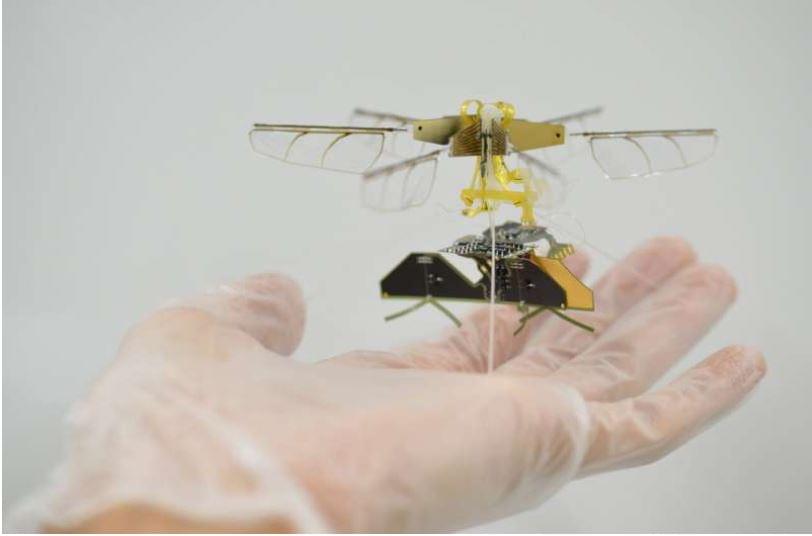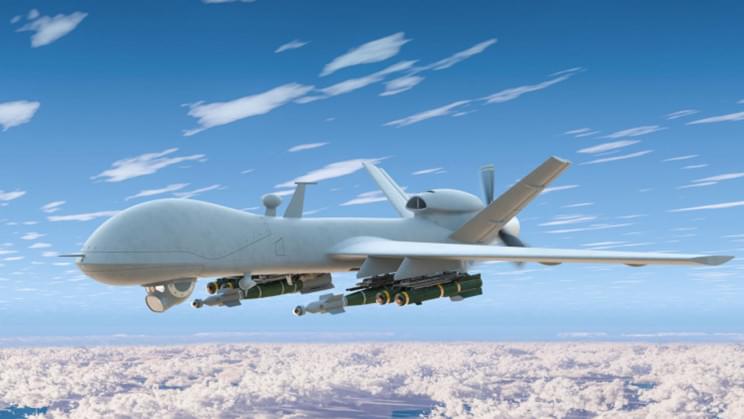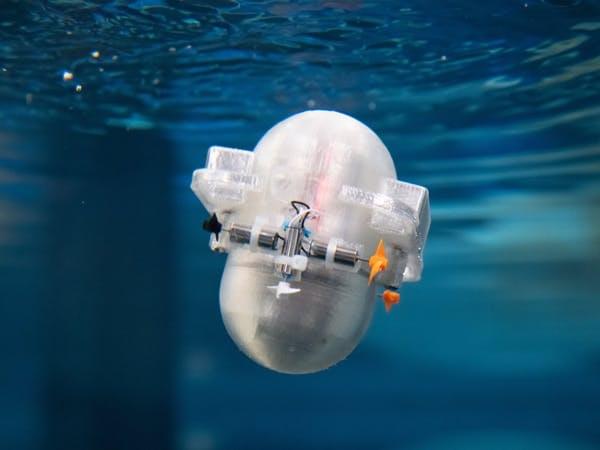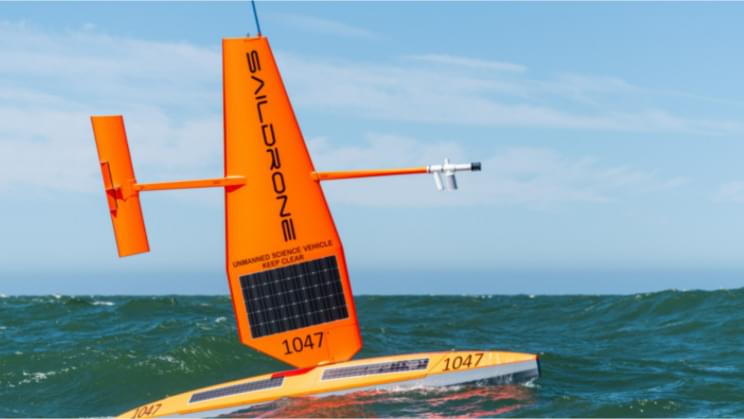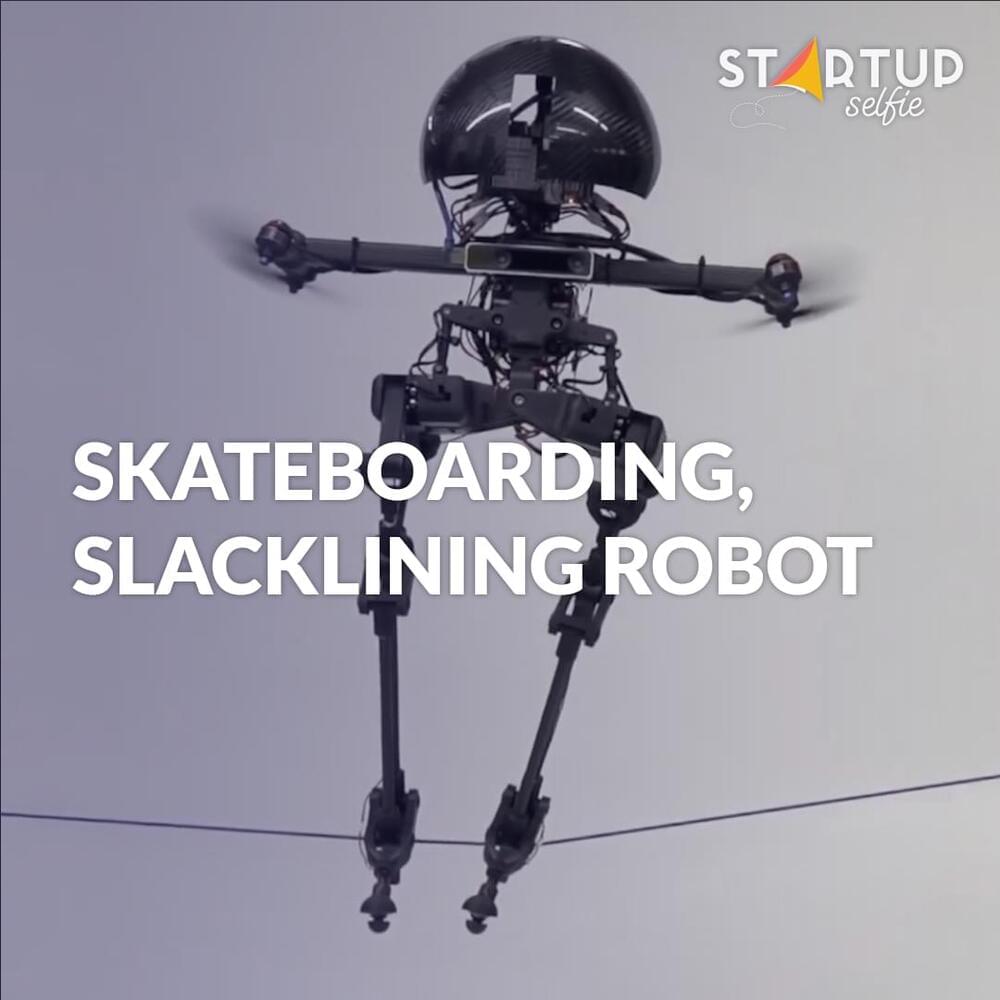Researchers at Toyota Central R&D Labs have recently created an insect-scale aerial robot with flapping wings, powered using wireless radiofrequency technology. This robot, presented in a paper published in Nature Electronics, is based on a radiofrequency power receiver with a remarkable power-to-weight density of 4,900 W kg-1.
“Small drones typically have a very limited operating time due to their power source,” Takashi Ozaki, one of the researchers who carried out the study, told TechXplore. “The purpose of our recent research was to overcome this limitation. Currently, no-contact power supply using electromagnetic waves has been put to practical use in various products, but it was unknown how far it could be applied to small flying robots.”
The main objective of the recent study by Ozaki and his colleagues was to power an insect-size flying robot using no-contact, wireless charging technology. The robot created by the researchers is essentially comprised of a flapping, piezoelectric actuator that is powered through a 5 GHz dipole antenna.
